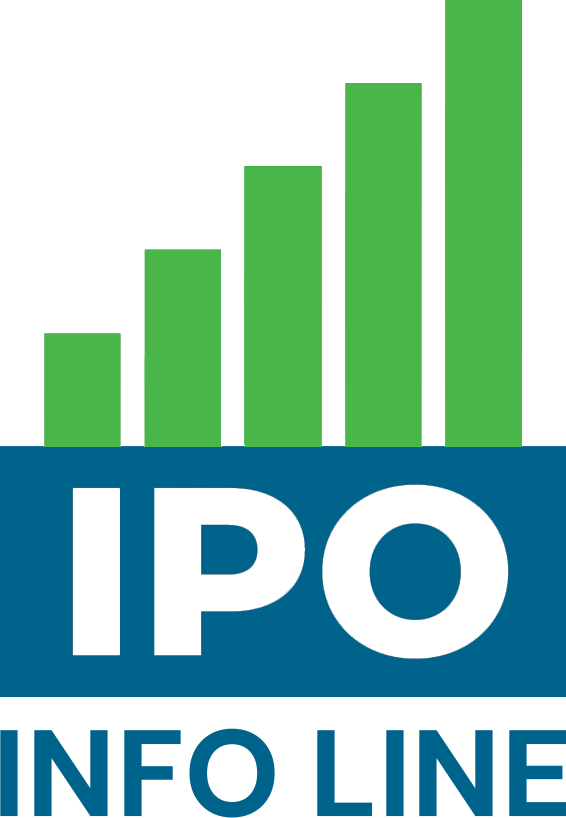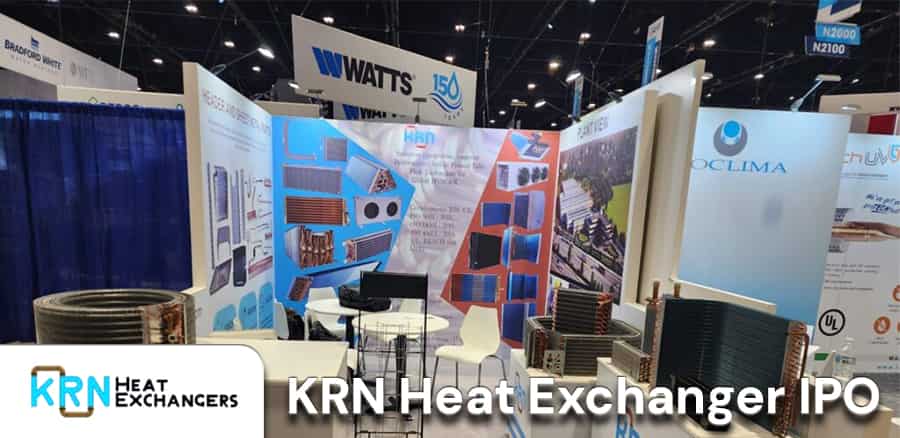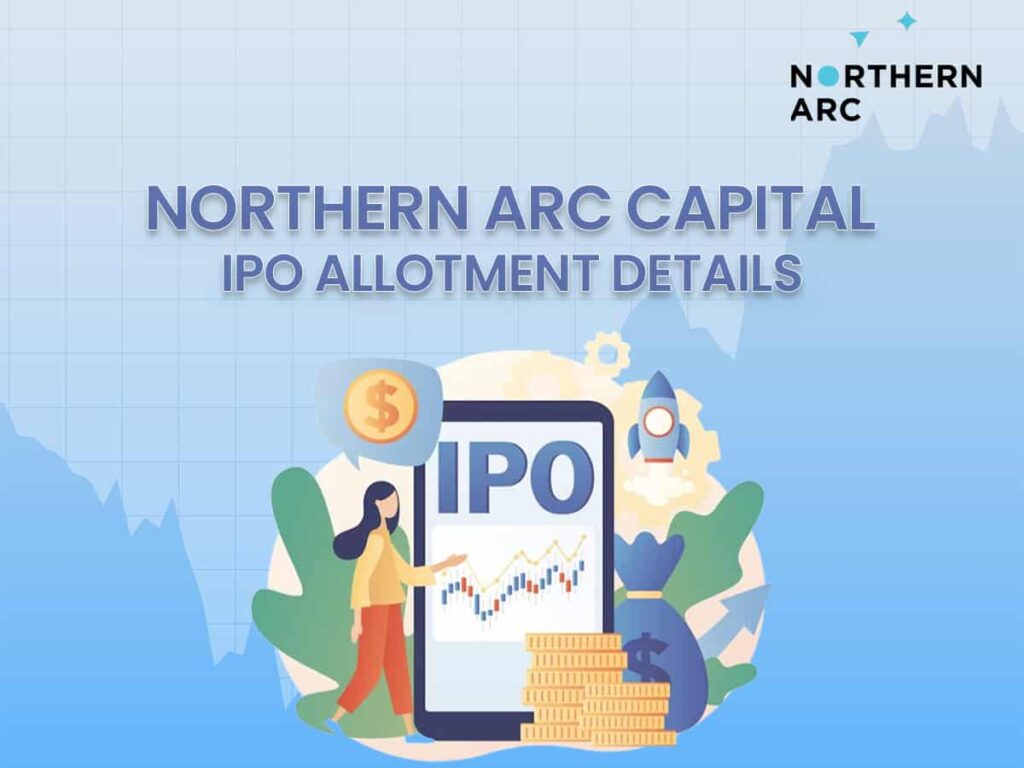Mainboard IPO List
| Company | Open | Close |
|---|---|---|
| Hyundai Motor India | TBA | TBA |
| KRN Heat Exchanger | 25 Sept | 27 Sept |
| Manba Finance | 23 Sept | 25 Sept |
| Northern Arc Capital | 16 Sept | 19 Sept |
| Arkade Developers | 16 Sept | 19 Sept |
| Western Carriers | 13 Sept | 19 Sept |
| P N Gadgil Jewellers | 10 Sept | 12 Sept |
| Kross | 9 Sept | 11 Sept |
| Bajaj Housing Finance | 9 Sept | 11 Sept |
| Tolins Tyres | 9 Sept | 11 Sept |
SME List
| Company | Open | Close |
|---|---|---|
| Divyadhan Recycling | 26 Sept | 30 Sept |
| Thinking Hats Entertainment | 25 Sept | 27 Sept |
| Unilex Colours | 25 Sept | 27 Sept |
| TechEra Engineering | 25 Sept | 27 Sept |
| Rappid Valves | 23 Sept | 25 Sept |
| WOL 3D | 23 Sept | 25 Sept |
| SD Retail | 20 Sept | 24 Sept |
| Avax Apparels | 20 Sept | 24 Sept |
| BikeWo Green Tech | 20 Sept | 24 Sept |
| Kalana Ispat | 19 Sept | 23 Sept |
Upcoming IPO
About Upcoming IPO
Participating in IPOs is the key to magnificent financial opportunities. The new IPO is always looked forward to by the retail investors with great anticipation and enthusiasm. An IPO is a significant event that occurs when a company goes public for the first time, meaning people are allowed to buy the company’s stocks. IPOs offer an exciting chance to invest in Emerging companies that show tremendous growth prospects. It is common that many investors engage in some level of analysis in anticipation for the new IPO organization.
IPOs offer investors the opportunity to invest in early-stage investments, which can yield massive profits for as the company grows and establishes itself in the market. An IPO lets you invest in good companies and their ideas, and stand to benefit from the high monetary returns on your investment without any occupational attachment. An upcoming IPO can make the firm’s products or services more popular among users, thus enhancing its position in the market.
What are Upcoming IPOs?
IPOs that are expected in the near future are generally conceived as the future giants of the business world; it allows investors to become a part of these companies’ growth from the very start of their market evolution. Market trading is a venture and when one opts for Initial Public Offerings (IPOs), it means diving into the center of the market.
Who Can Invest in Upcoming IPOs?
Purchasing shares during an IPO is an attractive opportunity for many because it allows one to be an owner of a company in the first place. Amid such IPOs, one has attractive opportunities, but it is crucial to know who can join.
1. Individual Investors
It is important to note that both experienced investors and simple shareholders who do not have vast experience can invest in IPOs. It affords them a chance to purchase the shares at the IPO price in the hope of realizing profits as the business evolves.
2. Institutional Investors
Large investors such as mutual funds, pension funds, and insurance companies often participate in IPOs. Such large investments can also have substantial effects on the first-time performance of the stock.
3. High Net Worth Individuals (HNIs)
High Net Worth Individuals are stakeholders who, because of their financial capabilities, tend to invest greatly in IPOs. They can buy blocks of shares which not only fuels the success of the offer.
4. Employees
Those working for the company that goes public can purchase shares at the issue price at the initial stage. It also gives them an opportunity to be shareholders in the organization where they are working in or the firm in which they are working.
5. Retail Investors
IPOs are open to retail investors, meaning anyone who invests in the stock market but is not a professional trader. Most IPOs include a general public offering, which aims provided that a specific amount of stock is available for the public.
What is the Process of investing in an Upcoming IPO Online?
You can conveniently apply for an latest IPOs through a broker by following these steps:
- Open the broker’s website or their application on your device and log in to your existing account if you have one. If you have not registered, create an account with the website.
- Go to the IPO segment and choose the company of interest.
- Enter the number of stocks or lot size of your choice, and the bid price which can be the maximum or cut-off price in order to get a better chance of being allotted.
- Enter your UPI ID and click on the submit button.
- Confirm the transaction through your UPI application.
- Check your notification on your chosen UPI app to validate your application and wait for a mandate notification.
Prerequisites for Applying for an IPO
To participate in an IPO, you'll require the following essentials:
Demat Account: Paying a broker is mandatory if one has to invest in an IPO, and having a Demat account is essential. It is the area where your available shares are contained and from where you issue or revoke shares.
Trading Account: When completing the application for IPO online, one must have a trading account which is mandatory. You can open one with any depository participant registered with SEBI – the Securities & Exchange Board of India.
Bank Account: Having a bank account is a requirement to make payments of the applied shares. This involves using the Application Supported by Blocked Amounts (ASBA) method for which a certain amount is blocked depending on your bid. The money is deducted from one’s account as soon as one receives the allotted amount. If you are given less shares than the number you bid for, the remaining amount is then unblocked.
UPI ID: UPI ID can be linked with a bank account. Here, you can create a new one or you can use a previously generated ID.
How to Increase your chances of IPO Allotment
Market demand for highly sought after IPOs far exceeds the supply as the number of applications submitted can be many times the number of shares that are on offer. For instance, the Zomato IPO had 38 bids for every share.
Avoid Large Applications
SEBI regulates and controls retail applications similarly, therefore, large-scale investments cannot result in gains during oversubscription. Big applications are suitable for the substantial IPOs that analysts estimate to exert a minimal impact on the retail segment.
Utilize Multiple Demat Accounts
Register through multiple demat accounts but one PAN card and encourage your relatives or friends to apply for it as well to make a higher probability of receiving allotment.
Bid at Cut-Off Price
Choose the cut-off price that states the willingness to purchase at the current price or lower, making your application more appealing.
Avoid Last-Minute Rush
It is not recommended to wait for the last day to take since sometimes there may be issues with technicalities or application submission deadlines that could reduce your chances. Monitor the HNI and QIB subscriptions and use it in the first 48 hours to avoid risks.
Invest in Parent Company Shares
If you have at least one share of the parent company in your demat account, you come under the shareholder category, which gives you higher chances of getting an IPO allotment.
Approve Mandate Request
Having filed your application, confirm the mandate request through the banking app/website to hold your funds to be offered an IPO.
Apply Early
Fill your application before the first 48 hours of the IPO being opened for the market to prevent technical hitches which often occur on the last day.
Verify Application Details
Make sure to read each detail filled in the IPO form carefully and twice to avoid rejection due to inaccurate information or mistakes done in the document.
FAQs
This minimum amount may vary from INR 10,000 to INR 15,000. Depending on the lot size. The maximum investment allowed for retall Individual Investors is Rs 2 lacs.
However, it is important to note that it is mandatory to own a Demat account in order to invest in an IPO. But you will need a Demat account to hold them after they have been delivered to you.
The distinction between DRHP and RHP lies in the timing of its release in the IPO process – filing with the SEC. The DRHP (Draft Red Herring Prospectus) is the document submitted to the regulators before the launch of the IPO. Nevertheless, RHP is the final document that is issued once the changes made are the ones that the regulator suggested.
It means that it is not wise to blindly invest in every IPO That is coming out in the market every now and then. When it comes to firms that wish to go for an IPO, it is essential to conduct an evaluation to establish the firm’s strengths and weaknesses. As a result, you can determine if you should arrange for investments.
You should know the business of the company and its value. Also, identify the key selling point of the firm and dissect the financial statements correctly. Before investing, read the Draft Red Herring Prospectus (DRHP) thoroughly.





